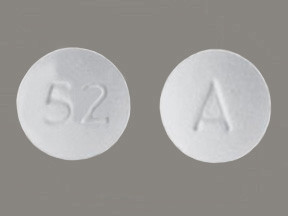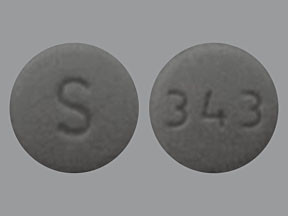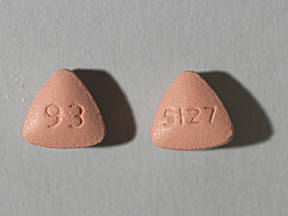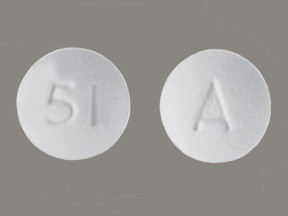BENAZEPRIL - ORAL
PHONETIC PRONUNCIATION: (ben-AZ-e-pril)
COMMON BRAND NAME(S): Lotensin
GENERIC NAME(S): benazepril HCl
Uses
USES: Benazepril is used to treat high blood pressure (hypertension). Lowering high blood pressure helps prevent strokes, heart attacks, and kidney problems. Benazepril is an ACE inhibitor and works by relaxing blood vessels so that blood can flow more easily.
How to use BENAZEPRIL - ORAL
HOW TO USE: Take this medication by mouth with or without food as directed by your doctor, usually once or twice daily. If you are using the suspension form of this medication, shake the bottle well before each dose. Carefully measure the dose using a special measuring device/spoon. Do not use a household spoon because you may not get the correct dose. The dosage is based on your medical condition and response to treatment. For children, the dosage is also based on weight. Use this medication regularly in order to get the most benefit from it. To help you remember, take it at the same time(s) each day. It is important to continue taking this medication even if you feel well. Most people with high blood pressure do not feel sick. It may take 1 to 2 weeks before you get the full benefit of this medication. Tell your doctor if your condition does not improve or if it worsens (such as your blood pressure readings remain high or increase).
Side Effects
Precautions
Interactions
Overdose
Images
Reviews
Faq for BENAZEPRIL - ORAL
Benazepril is an oral medication commonly used to treat high blood pressure (hypertension) and heart failure.
Benazepril belongs to a class of drugs known as ACE inhibitors. It works by relaxing blood vessels, allowing blood to flow more easily and reducing the workload on the heart.
The usual starting dose of benazepril for high blood pressure is 10 mg, taken once daily. The dose may be increased or adjusted by your doctor based on your response.
Common side effects of benazepril include dizziness, dry cough, nausea, headache, and fatigue. It is important to notify your doctor if you experience any severe or persistent side effects.
Certain medications, such as diuretics or potassium supplements, may interact with benazepril. It is essential to inform your doctor about all the drugs you are taking to avoid any potential interactions.
Benazepril may take several weeks to show its full effect in lowering blood pressure. It is important to continue taking the medication as prescribed, even if you feel well.
Benazepril is not recommended for use during pregnancy as it may harm the unborn baby. It is advised to discuss alternative options with your doctor if you are planning to become pregnant or are already pregnant.
If you miss a dose of benazepril, take it as soon as you remember. However, if it is close to the time for your next dose, skip the missed dose and continue with your regular dosing schedule. Do not take a double dose to make up for the missed one.
Benazepril can be taken with or without food. However, it is recommended to take it consistently either with or without food to maintain consistent blood levels.
Warning
WARNING: This drug can cause serious harm (possibly fatal) to an unborn baby if used during pregnancy. Therefore, it is important to prevent pregnancy while taking this medication. Consult your doctor for more details and to discuss the use of reliable forms of birth control while taking this medication. If you are planning pregnancy, become pregnant or think you may be pregnant, contact your doctor right away.
Disclaimer
IMPORTANT: HOW TO USE THIS INFORMATION: This is a summary and does NOT have all possible information about this product. This information does not assure that this product is safe, effective, or appropriate for you. This information is not individual medical advice and does not substitute for the advice of your health care professional. Always ask your health care professional for complete information about this product and your specific health needs.





No Reviews Yet